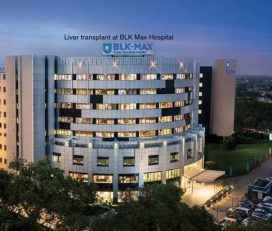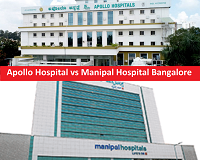The Journey
Jane, a patient from Kenya, embarked on a life-changing journey to India for a kidney transplant at Max hospital, Saket. Her journey was filled with challenges, but with proper pre-transplant preparation and a positive mindset, she was able to overcome them.
Initial consultations
After contacting Max hospital, Jane was referred to a transplant specialist who conducted a series of tests to determine her suitability for the transplant. The specialist discussed the risks and benefits of the surgery with Jane and answered all of her questions.
Pre-Transplant Preparation
Before traveling to India, Jane had to undergo various medical tests to determine her suitability for a kidney transplant. These tests included blood tests, imaging studies, and other medical evaluations. The purpose of these tests was to identify any potential health risks and ensure that the transplant procedure would be successful.
Arrival in India
After a long flight from Kenya to India, Jane arrived at the Indira Gandhi International Airport in New Delhi. She was greeted by a representative from Max hospital who helped her with the immigration process and arranged for a taxi to take her to the hospital. Jane was relieved to find that the hospital had arranged for her accommodation in a nearby guest house, where she could rest and recuperate before the transplant.
Over the next few weeks, Jane underwent various medical procedures to prepare for the transplant. She had to undergo dialysis sessions, which helped to cleanse her blood and remove toxins. She also had to take several medications to boost her immunity and prevent infections. The hospital staff provided her with detailed instructions on how to take care of herself before and after the transplant.
The Transplant Surgery
After the consultations, Jane underwent the transplant surgery. The surgery was performed under general anesthesia and lasted for several hours. The surgeon made an incision in her abdomen and placed the new kidney in the appropriate position. Once the kidney was connected to the blood vessels and ureter, the incision was closed. Jane remained in the hospital for several days, where she was monitored closely for any complications.
Post-operative Care
After the transplant surgery, Jane was advised to rest and take medication to manage her pain. She was also given a strict diet and exercise regimen to follow, and she had regular check-ups to monitor her progress.
Recovery
Jane’s recovery was slow but steady. She gradually regained her strength and was able to walk around the hospital. After a week, she was discharged from the hospital and was able to return to her hotel to continue her recovery.
Conclusion
Today, Jane is doing well and is grateful for the medical care she received at Max hospital in Saket. The transplant has made a tremendous difference in her life, and she is now able to enjoy time with her family and engage in activities that were once impossible for her. Her journey from Kenya to India was not an easy one, but the transplant was a life-changing experience that she will always remember.











